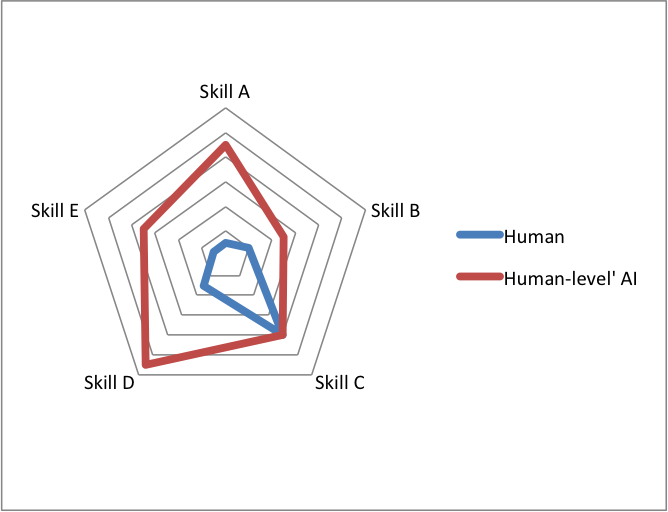
All pages and blog posts

AI Timeline Surveys

AI Timelines

AI Timeline Surveys

AI Timeline Surveys

AI Timeline Surveys

AI Timeline Surveys

AI Timeline Surveys

Accuracy of AI Predictions

Clarifying concepts